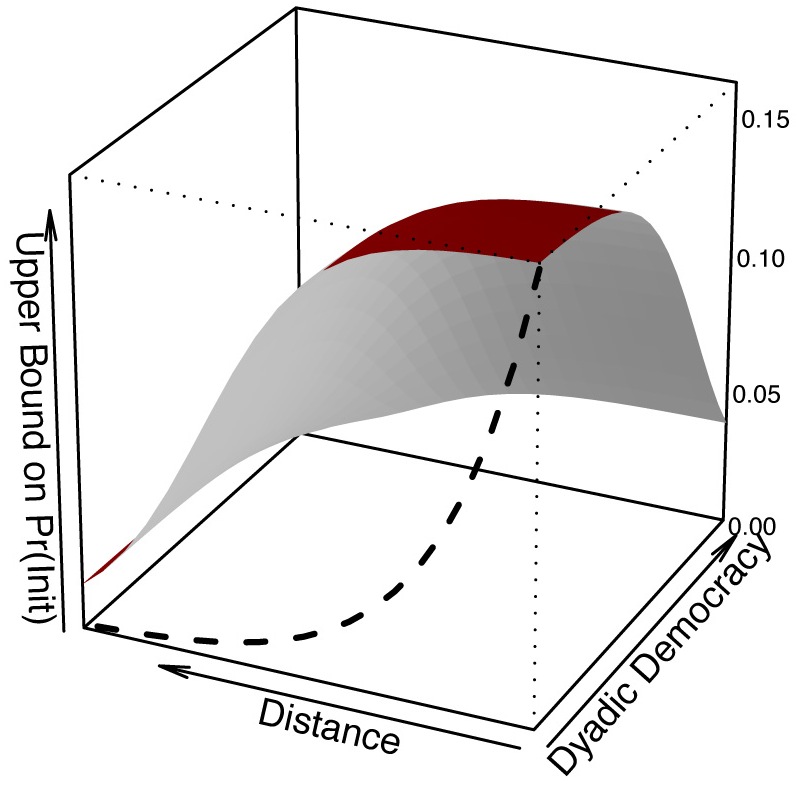 Causal complexity—the idea that there are multiple paths to a given outcome (or non-outcome)—amounts to a claim that the impact of one cause depends on the presence or absence of another. Standard additive statistical models do a poor job of capturing that intuition.
Causal complexity—the idea that there are multiple paths to a given outcome (or non-outcome)—amounts to a claim that the impact of one cause depends on the presence or absence of another. Standard additive statistical models do a poor job of capturing that intuition.
The simplest form of complexity is a necessary condition. Despite their intuitive appeal and widespread use, Gary Goertz and I argue that necessary conditions are rarely if ever tested properly. We offer a remedy in the form of new statistical tests of necessity.
The most straightforward way of modeling complexity in statistical equations is with a multiplicative interaction term. Nevertheless, even the best research in political science regularly abuses and misinterprets interaction terms. Accordingly, I explore the correct interpretation of interaction terms and offer a set of best practices.
I am currently exploring the intersection of qualitative and quantitative methods in the case of qualitative comparative analysis (QCA). The first fruit of that research agenda, a new test designed to guard against false positives in QCA and fsQCA, has been published in Political Analysis. The test can be implemented via the QCAfalsePositive package in R.
I have also come up with a much more more flexible and generalized way of handling interactions: Boolean statistics. Based on standard logit and probit estimators, Boolean techniques capture the logical “and”s and “or”s of causal complexity while allowing interactions among entire vectors of variables. Along with Austin Carson, I’ve used Boolean statistics to help understand the causes of peace; I’ve also worked with Jason Morgan to create an R package that implements these techniques.
